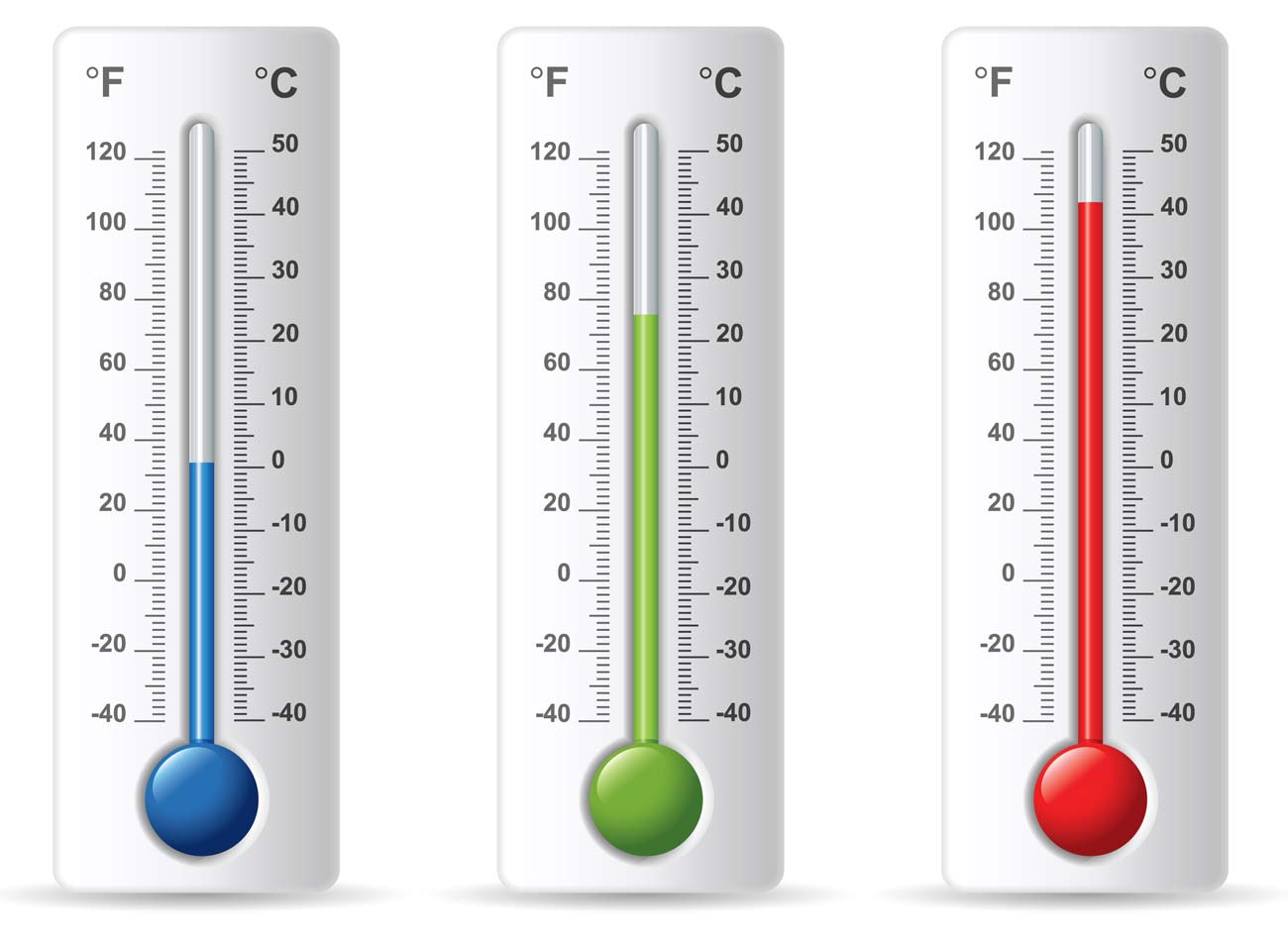Slicing a data center up into domestic heating systems may be an extreme idea, but it just got backed by a conventional data center firm.
After years of work, it looks like the idea of distributed cloud heating is gaining some acceptance: the French pioneer of the idea has got backing from a conventional data center firm, as well as a new direction as part of the Internet of Things.
It was 2014 when I heard of Qarnot, the French company which makes a radiator that provides free heat. The heat source is a processor module carrying out computation for cloud customers.
Qarnot had been developing the idea for some time before that, and similar approaches have also emerged from other places: from Cloud&Heat in Germany, from Exergy in the US, and from Nerdalize in the Netherlands, to name three.
Why waste heat?
All of these players start from the observation that computing creates heat which is wasted. The heat could be useful, but it’s difficult to do this in a centralized data center, remote from people.
While some data centers go to some lengths to reduce the amount of heat produced, and others work hard to reuse it, Qarnot took a different approach to the problem: while it’s difficult to transport heat, it’s easy to transport data. So the company proposed breaking a data center into small units, and installing them in homes and offices, where their heat can be useful.
These Q.rads are fed computation using the Q.ware distributed computing software, Qarnot pays for the electricity they use, and the house they are in gets the heat for free.
We are an alternative to data centers but we are not enemies
The other unspoken benefit is that Qarnot doesn’t have to own a lot of real estate to install its servers.
It’s an idea which has had some traction: the French bank BNP Paribas is performing risk calculations on Qarnot distributed heaters, and the local government in Gironde, Bordeaux has bought some to heat public housing.
But last week we heard that French data center company Data4 has invested €2.5 million in Qarnot, and will be combining Qarnot distributed heaters with high performance computing (HPC) services offered from its own data centers.



No Comments